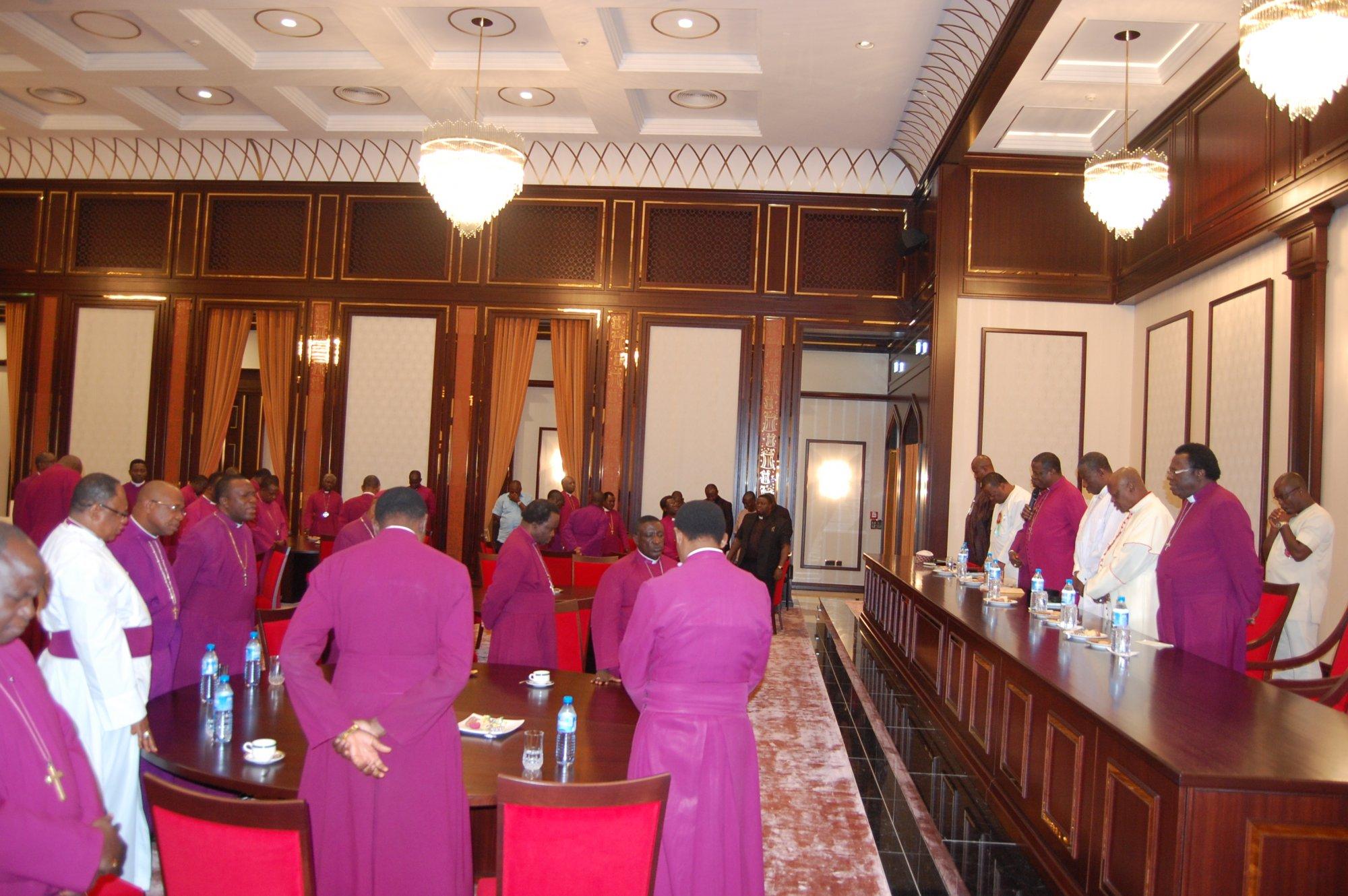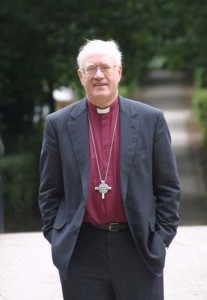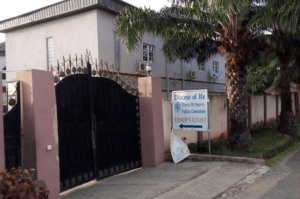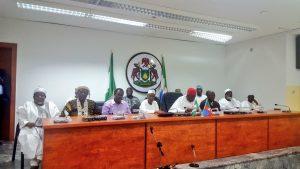
Anglican Bishops
What should be a Church Leader’s essence? For what should members remember their leader, and what would God have leaders be known for in the Church? By “Leader”, I mean the people God has set in positions of spiritual authority in the Church. In the Anglican setting, I mean our Deacons, Priests and Bishops.
If you are a member of the Anglican Church, how much do you know, and what do you know about your Bishop, the one in your Diocese? What about the Primate?
Unknown Dignitaries?
As an ordinary Church Member, officials from the Archdeacon upwards are usually just names you see on the back of the Sunday Bulletin, and names that get mentioned when the Vicar has to announce or convince the parish about the need to pay this or that levy promptly.
If you have been in the Church long enough, then you would have attended a Confirmation Service or witnessed an Episcopal Visit, occasions that give you the opportunity to see these personages in all their pomp and pageantry. I’m almost certain, however, that if you do not belong to an Archdeaconry or Cathedral Parish, you do not know what these officials of the Church “sound” or look like. To the average member of the Church, the Archdeacon or Bishop has little or no spiritual or instructional relevance.
It is ironic that the Bishop, referred to as the “Chief Shepherd” of his Diocese, is largely unknown by most of his sheep in the capacity of “Shepherd”, described by Jeremiah as somebody who feeds the flock and keeps them from being afraid or dismayed.
I ask you, fellow Churchman, when last did you hear from your Bishop, in the form of instruction or spiritual strengthening? The last time he visited your Parish, what transpired? Was it an occasion of remarkable spiritual impact or an elaborate show of protocol and inspection of books and records?
An Apostolic Office

According to the Ordinal, the “bishop in God’s Church is called to be one with the Apostles…” Paul, the foremost Apostle, went about “strengthening the souls of the disciples, encouraging them to continue in the faith…”Acts 14:22. Yes, I avoided the KJV which translates this as “confirming the souls of the disciples…”, lest we confuse it with the occasional “Confirmation Service”. What Paul was doing was a lot more than that. Indeed, I doubt if Paul would have been too excited with Confirmation Services, if he could say:
“I thank God that I baptized none of you, but Crispus and Gaius; Lest any should say that I had baptized in mine own name. And I baptized also the household of Stephanas: besides, I know not whether I baptized any other. For Christ sent me not to baptize, but to preach the gospel: not with wisdom of words, lest the cross of Christ should be made of none effect.” (1Co 1:14-17)
I also do not want to believe it is not possible today. In his book, “Sharing a Vision”, the retired Archbishop of Canterbury, George Carey, had this to say:
“When I began my ministry as a bishop, I wanted to make sure that I would be a ‘bishop-in-mission’. It was an attempt to take my teaching ministry seriously, and to give people a chance to engage with the bishop as a teacher of the faith. Five or six times a year, I went to parishes or groups of parishes from a Wednesday to the following Sunday. I took a team of lay people, and other support staff, to encourage faith, to teach scriptures, and to invite dialogue. I discovered an unexpected enthusiasm for these teaching missions…partly because it meant that the bishop was spending more than a cursory hour or two in a parish…”
It should even be easier today, thanks to technology. There is no reason the Anglican in the remote village should not be able to hear the voice of his bishop (on tape, cd or radio or TV), or read a post from his blog or Facebook page, or receive a timely word from his twitter account.
I hope this does not seem too onerous to undertake. But then, if you don’t take care of them, other GOs will.





